Reflecting on The Academic Pressures of AP/Honors Courses
This graph is a Scale of difficulty of Honors and AP courses | Honors and AP courses were proven to be on the extremely difficult side | Photo courtesy of The Marquee
AP and Honors have a larger workload and require more critical thinking skills which can be difficult for the average student to balance, especially if one plans to take multiple. This standard of learning causes differing opinions on the importance of such classes, which leaves many students wondering if taking AP/Honors courses is worth it and necessary to succeed.
While some students stress the need to participate in AP and Honors courses for the betterment of education and opportunities for college, others believe that it is unnecessary and can be detrimental to one’s mental state. When someone thinks about AP and Honors courses, most think about how smart one must be to take them. But these classes just expect someone to complete more work with more critical thinking skills, which often leads people to wonder about how mentally exhausting these courses must be for students.
“I feel like the biggest con in our generation is our struggle with mental health because these classes require lots of time, energy, and motivation, so AP courses kinda take that away from you. I feel like that adds more stress and takes away from focusing on yourself,” sophomore Shruti Nande said. “They can take away from the motivation and aspect of genuine care for the subject. You need a lot of motivation for the subject that not everyone has.” Nande said.
However, some believe that this stress can be beneficial to one’s performance and motivation. Stress allows one to be on top of the cause of the stressors, which keeps one prepared and successful to some extent.
“Manageable stress increases alertness and performance,” a study by the Greater Good Science Center said, “And by encouraging the growth of stem cells that become brain cells, stress improves memory.”
However, the stress associated with AP and Honors courses isn’t always little or manageable, especially when these classes leave little room to breathe with the extensive workload. Even though it does differ from student to student, most of the time, the stress that students undergo isn’t easily manageable. Instead of becoming a motivator, it becomes a depressor.
“I think that the stress of just knowing how to comprehend a lengthy reading makes me think just like in other classes, how can I take this and apply it to examples.” Sophomore Akshara Kakani stated, “There’s nothing more important than examples in AP courses because the stress of application has helped me so much with other courses. It teaches me how to take notes and be diligent because you have to stay on top of your game in college and in any job.”
Mr Kupeski giving a lecture for an AP World History class | Students took notes for a reading check | Photo courtesy of Enaya Bokhari
It is common knowledge that AP/Honors courses test a student’s ability in a subject to a higher degree. Still, some might consider that taking such a class is unnecessary due to the negative stigma around these advanced courses. Most of these negative stigmas circulate the deteriorating mental health of students who take on the pressure of these classes. AP exams, projects, deadlines, a large workload, and complex lessons are all reasons why students are undergoing more and more pressure every day, with little time to breathe or relax. The truth is, nobody wants this extra workload and stress, but sometimes one needs to go through this to prepare themselves for work life or college.
“There’s a lot of negative stigma for AP testing for a good reason,” sophomore Akshara Kakani said. “It’s like you’re building all the knowledge for the AP exams which is different from the SOL because the AP exam actually matters and it’s stressful at the end.”
Although AP/Honors courses demand a lot of time and mental sacrifices, it can all be beneficial in the end as these classes do in fact test one’s ability to apply and problem solve at a higher degree. These factors have been proven both difficult but valuable at the same time. Everyone has an understanding that too much work is too much work. But the workload is not the only factor about AP and Honors courses. The skills needed and learned within these environments have proven to be quite useful.
“I feel AP classes not only teach you the subject itself but it also teaches you a lot of life skills to be applied in the future like how to manage time and understanding other skills like proper grammar and essay writing outside of class.” Junior Safana Sahib shared, “They can totally help someone be more successful in the future.”
AP and Honors Courses provide many opportunities and skills for students to apply in the future. However, this requires lots of diligence and mental stamina from students, so some may shy away from such mentally draining courses which means they’ll be shying away from important educational opportunities as well. Safana mentions, “My AP Lang class definitely makes me dread my A days a little more but it does teach me a lot of important things I wouldn’t wanna miss out on.” One shouldn’t take AP and Honors Courses for the sake of them being advanced classes. You should take them with the motivation and hope to acquire a degree of information on a subject that other classes couldn’t provide, overwhelming yourself with many advanced classes can ruin the whole aspect and interest of learning in the first place, so balance is key.


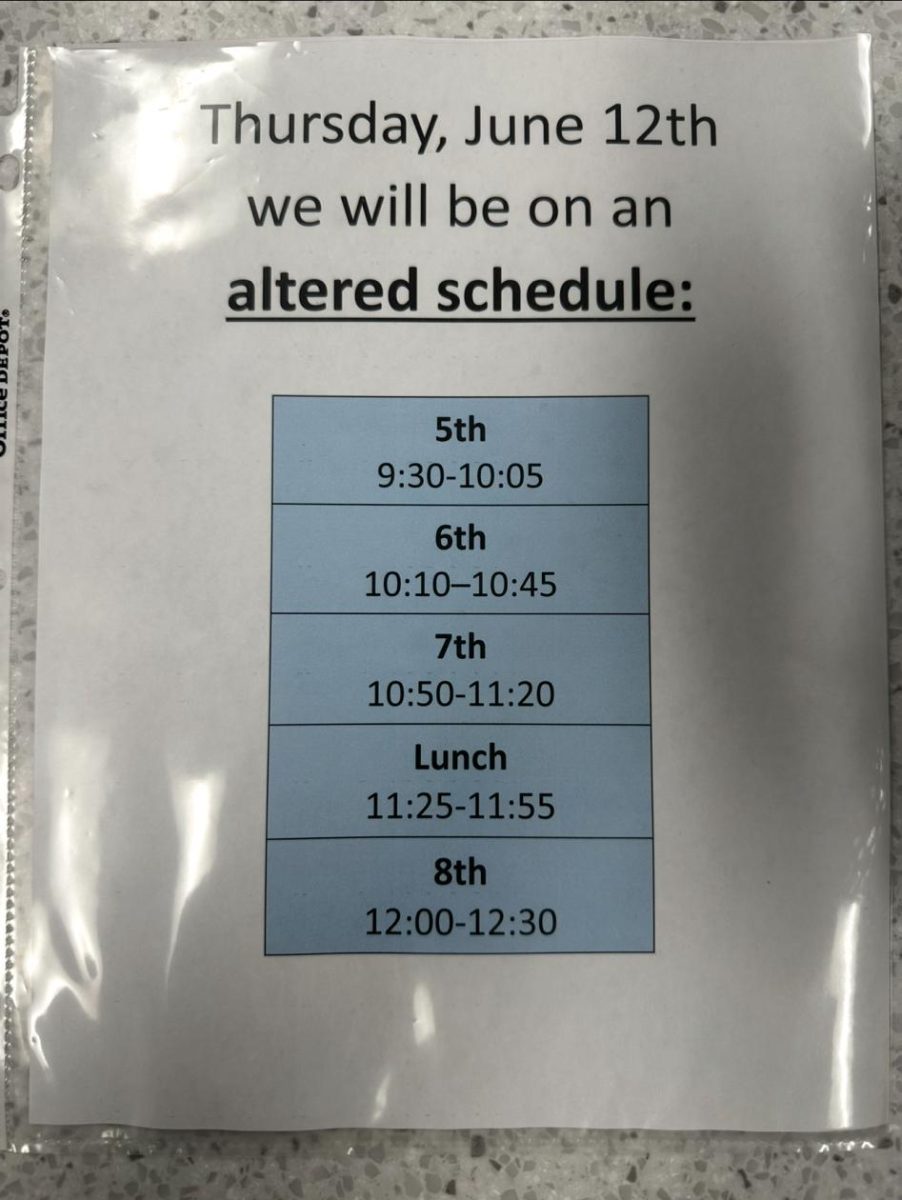



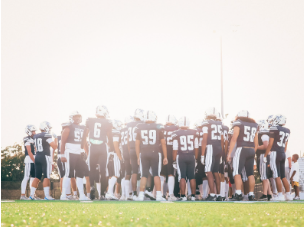
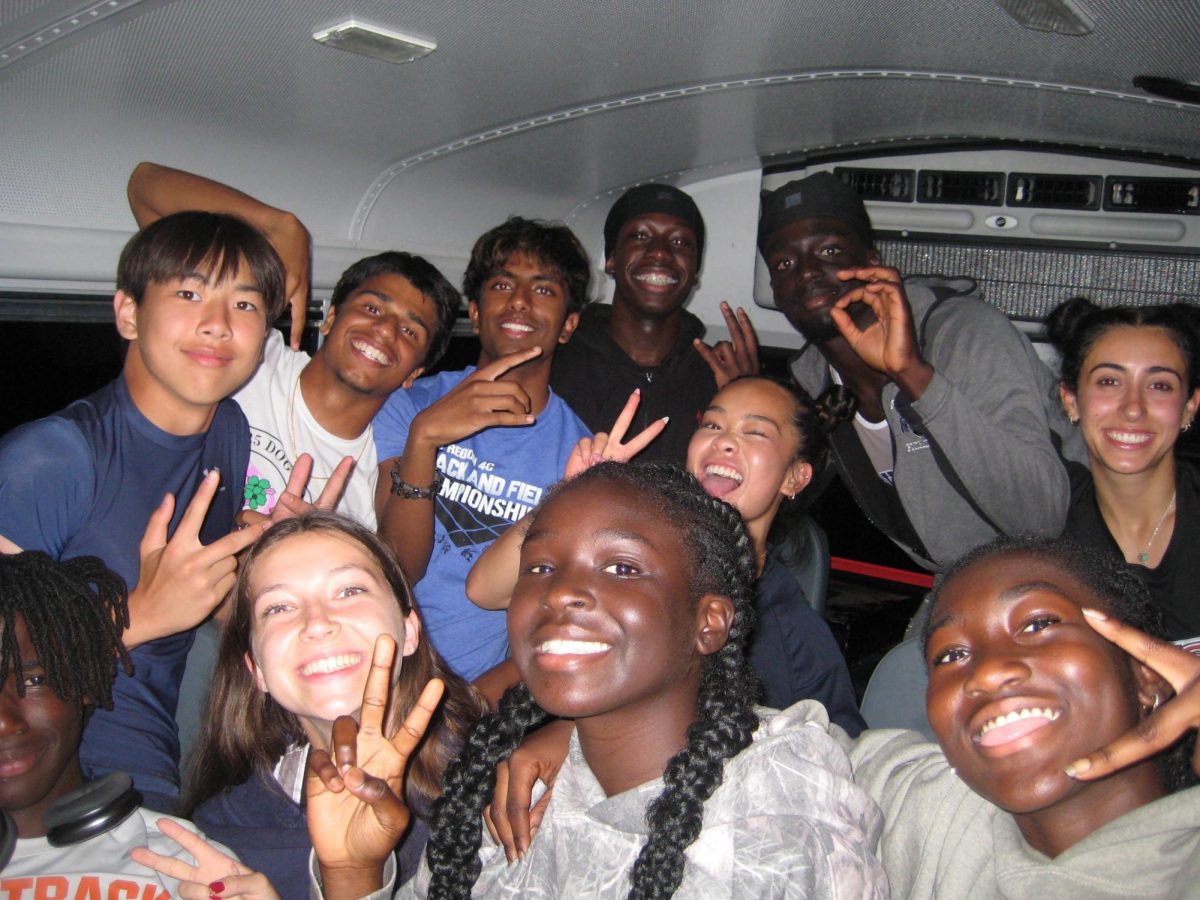












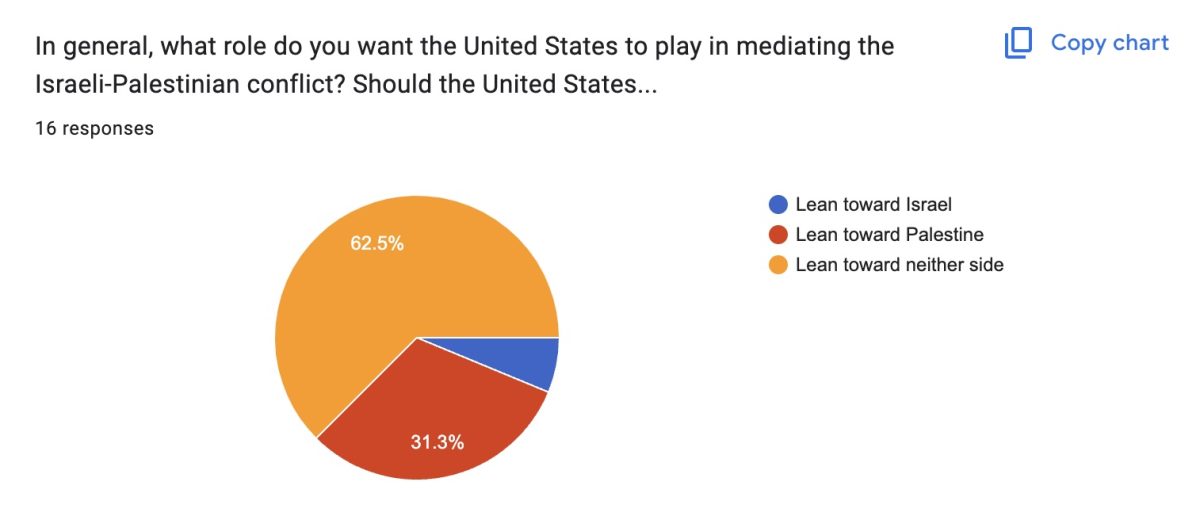






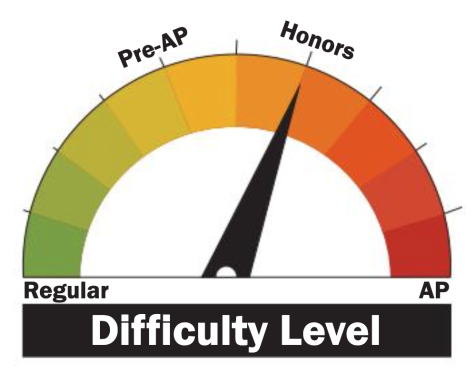

 This is an AP Bio classroom during a work period | Students finished retakes of a difficult exam and worked on a lab | Photo Courtesy of Enaya Bokhari
This is an AP Bio classroom during a work period | Students finished retakes of a difficult exam and worked on a lab | Photo Courtesy of Enaya Bokhari







